Written by Patty Bessie (Columbia University), Student Correspondent for CET Florence, Spring 2025
Studying abroad in Florence is, in many ways, a dream come true. Art, history, gelato on every corner—what could possibly go wrong? Well, a few things, actually. While Florence is undoubtedly one of the most beautiful cities in Europe, there are definitely some quirks and surprises that I wish someone had warned me about before I packed my bags. So if you’re planning your semester under the Tuscan sun, here’s everything I wish I knew before studying abroad in Florence.
1. Florence Is Packed with Tourists (Especially Americans)
Let’s get this one out of the way: Florence is full of Americans. While this might make the transition easier at first, it also means that finding an “authentic” Italian experience is more difficult than you’d think. The city center feels like an extension of an American college campus during peak study abroad season. If you’re looking for quiet, local spots, you’ll need to venture out of the main tourist zones.
2. Flying Out of Florence Isn’t Always Convenient
Sure, Ryanair might advertise €15 flights to Paris, but here’s the catch: those flights don’t leave from Florence. You’ll usually need to travel to a bigger city, such as Rome, to catch budget flights, and a train to Rome alone will cost you around €40 each way. That cheap trip? Not so cheap anymore. Plan your travel accordingly and always factor in the cost of getting to the airport.
3. The Grocery Stores Are a Lifesaver
While eating out often can get pricey, especially in the city center, groceries are surprisingly affordable. Stocking up on fresh pasta, local cheeses, and seasonal produce is one of the best ways to save money (and feel like you’re living the Italian dream). Stores such as CONAD City and COOP have ready-made, warm meals for you to buy if you are looking for a quick bite between classes.
4. Eat Outside the City Center
Yes, there are good restaurants in the center, but they’re often overpriced and not always the best representation of local cuisine. You’ll get better food at better prices if you’re willing to walk a little farther. Ask locals and CET staff, explore side streets, and avoid restaurants with picture menus or with someone outside trying to usher you in.
5. Sightsee Early (Like, Really Early)
Tourist season hits hard. When I first arrived in January, my roommate and I walked up to see Michelangelo’s David on a random Saturday—no line, no crowds, and only €2 with a student discount. Fast-forward to April? Forget it. Every museum becomes a sea of selfie sticks. Do your sightseeing early in the semester, while it’s still relatively quiet, and cooler weather makes walking around more pleasant.
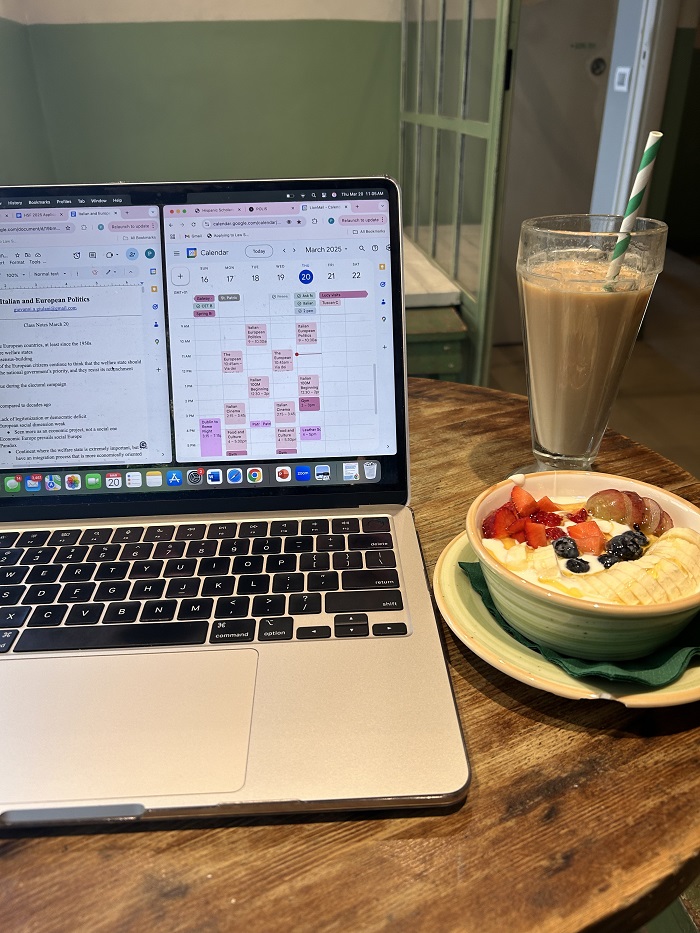
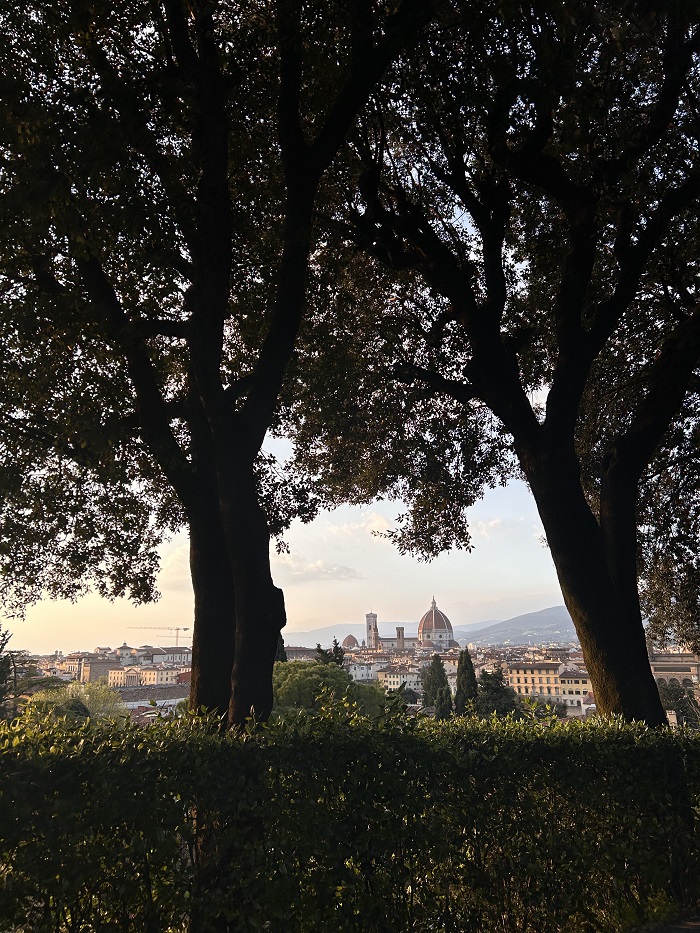
6. No Uber
Uber doesn’t work in Florence. If you need a cab, you’ll have to use apps like FreeNow or AppTaxi, or call a taxi directly. That said, Florence is super walkable. I barely used taxis the entire semester and found walking to be a great way to discover hidden gems.
7. Public Transport Is…Unpredictable
Florence’s buses run on their own schedule, which may or may not match the one posted. They can show up early, late, or not at all. Sometimes the driver ends their shift mid-route and asks everyone to get off. The tram system is much more reliable, but only goes to some parts of the city. With that said, always leave extra time if you’re depending on public transit to get somewhere.
8. Gym Memberships Are Pricey
If fitness is important to you, be prepared to pay. A gym membership will set you back between €200–300 for the semester. I paid €85/month at Swan Palestra, which included group classes and nice equipment, but it definitely added up.
9. Volume Control: Europeans Are Not Loud
Americans (especially in groups) tend to speak louder than Europeans, and it shows. Be mindful of your volume in public, especially on public transport and in restaurants. You’ll stick out less and show more cultural respect if you keep it down.
10. Limited International Cuisine
Florence has great Italian food, obviously, but after a few months, you might start missing the culinary diversity you’re used to back home. While there are some international spots, don’t expect a wide range. Come prepared to eat a lot of pasta and pizza (which, let’s be honest, isn’t a terrible thing).
11. Everything Costs Money (Even the Bathroom)
Public restrooms often cost money, and water isn’t free at restaurants. You’ll also get charged a coperto (cover charge) just for sitting down to eat. It’s not a scam, it’s just how things work in Italy. Budget accordingly and always carry some coins.
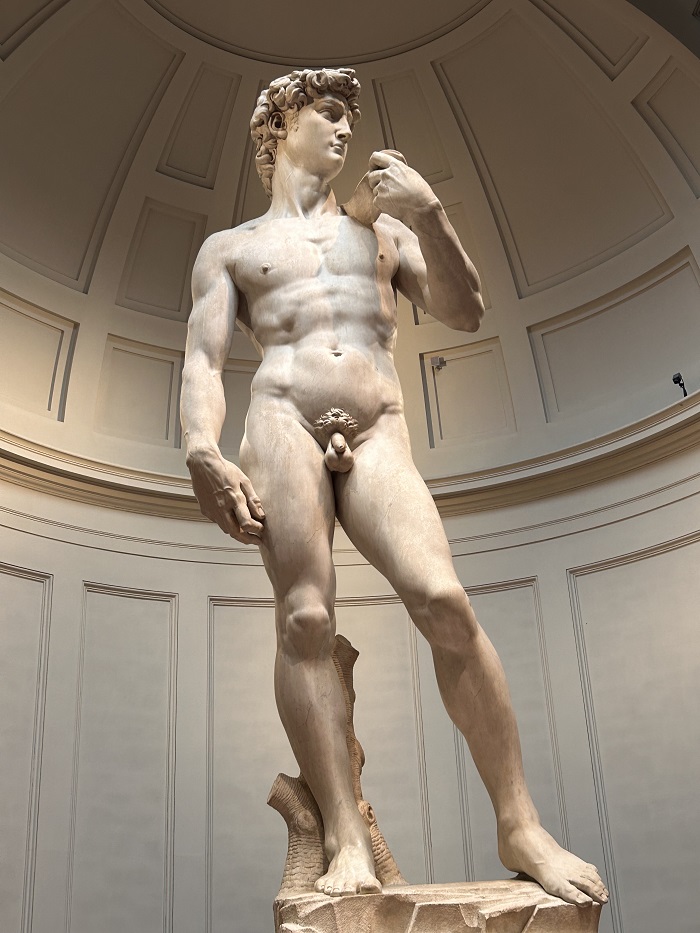

12. Don’t Travel Every Weekend
Weekend trips across Europe sound fun, and they are, but doing it every single weekend can burn you out fast. I planned my weekends around CET-sponsored events on Fridays, which kept me grounded in Florence and gave me the chance to explore the city. I still visited over 10 countries during my semester and never felt like I missed out on what Florence had to offer.
13. Student Discounts Are Gold
Bring your student ID everywhere and keep a digital copy of your student visa on your phone. You can score big discounts on museum tickets and sometimes even at restaurants. It’s not guaranteed (depends on the staff), but more often than not, it works.
14. The Weather Swings
Florence in the spring can be deceiving. It’s cold when you arrive, but it can hit 80°F before the semester ends. Pack layers, jackets for January, and t-shirts for April.
15. Take the Right Classes for Site Visits
Some CET classes include site visits to museums and historical sites, but not all. If you want these experiences without paying out of pocket, opt for classes like Renaissance Art or the History of the Medici Family. These often include access to cultural sites as part of the curriculum.
16. Planning to Travel with SmartTrip? Watch for Their Sales
If you’re planning to join SmartTrip, a student-focused travel company based in Florence that runs trips to hotspots like Interlaken, the Amalfi Coast, Paris, and more, keep an eye out for their semester sales. I managed to snag two trips (Croatia and Amalfi Coast) for less than the price of one just by booking during their sale. It’s a great way to travel affordably with fellow study abroad students.
17. Wi-Fi and Cell Service Can Be Spotty
One of the hidden challenges of living in an ancient city like Florence is how badly thick stone walls interfere with the signal. Cell service can drop completely as soon as you step inside many buildings, and Wi-Fi is notoriously shaky in apartments and older structures. Many restaurants and cafés offer Wi-Fi for this reason. It’s a good idea to download maps and important documents in advance if you’ll be relying on them during the day.
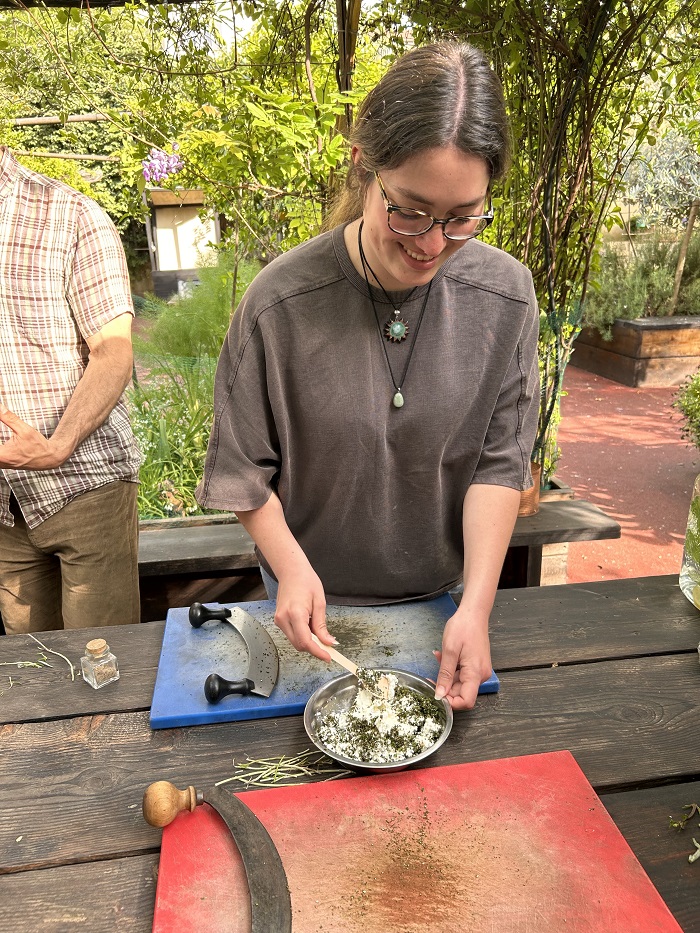
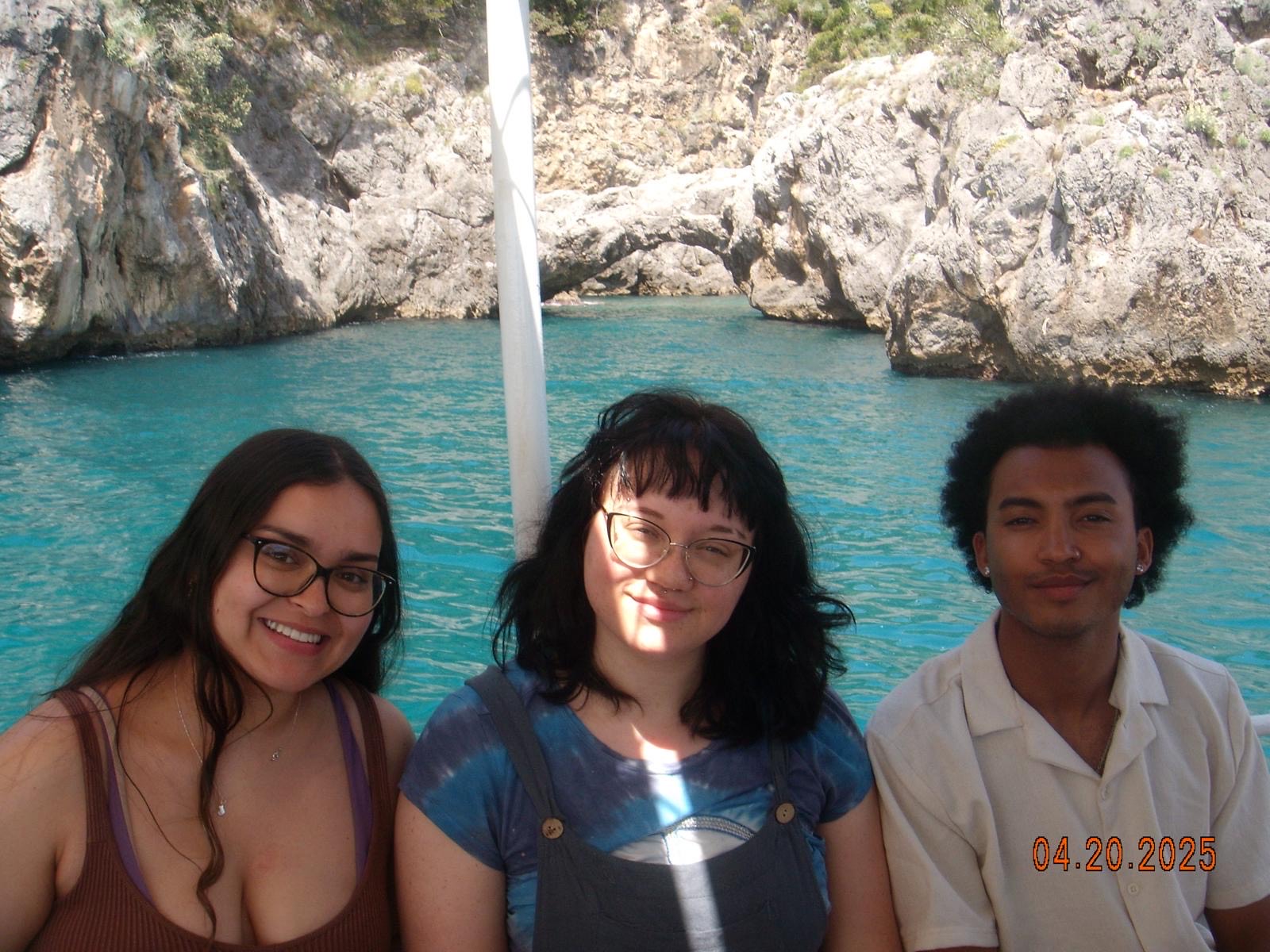
18. You’re a Guest in Someone Else’s Country–Learn Some Basic Italian
Italy isn’t just a beautiful backdrop for your adventure, it’s someone’s home. As a guest, showing respect goes a long way. One of the simplest yet most meaningful ways to do this is by learning a bit of Italian. Focus on everyday phrases like greetings and how to order your coffee. Even a small effort, like saying “Buongiorno” or “Un caffè, per favore,” can make a big difference.
Italians genuinely appreciate when visitors don’t lead with English, and you’re likely to receive a much warmer response when you make the effort.
19. Don’t Expect 24/7 Convenience
Florence moves at a slower pace than many American cities. Many shops close in the afternoon for riposo (a kind of siesta), and most businesses, especially family-run ones, are closed on Sundays. This slower pace extends to banks and gyms, too. My gym, for example, closes at 1 p.m. on Sundays, and most banks are closed all weekend. Even large grocery stores often have shorter hours than you might expect. Plan ahead, especially for errands and grocery runs.
21. Cash Is Still King in Some Places
While contactless payments are becoming more common, many small shops, markets, and cafés still prefer or only accept cash, especially for purchases under €5. Always carry a bit of cash with you just in case, and don’t rely solely on Apple Pay or cards.
Bonus tip: Some shop owners may even offer a small discount if you pay in cash!
23. Smoking Is More Common Than You Might Expect
In Italy, smoking is much more prevalent than in many parts of the U.S. If you choose to sit outside a restaurant or café, there’s a good chance someone nearby will be smoking. You’ll often see people lighting up on sidewalks, outside shops, and even near building entrances. If you’re sensitive to smoke, like I am, it can be a bit of an adjustment.
Final Thoughts
Florence is a city that grows on you the more time you spend walking its cobbled streets, enjoying a gelato in the piazzas, and admiring centuries-old architecture on your daily commute. Yes, there are things I wish I’d known before I came, but none of them changed how incredible my experience was.
Just come prepared, be flexible, and embrace the chaos, Italian-style.